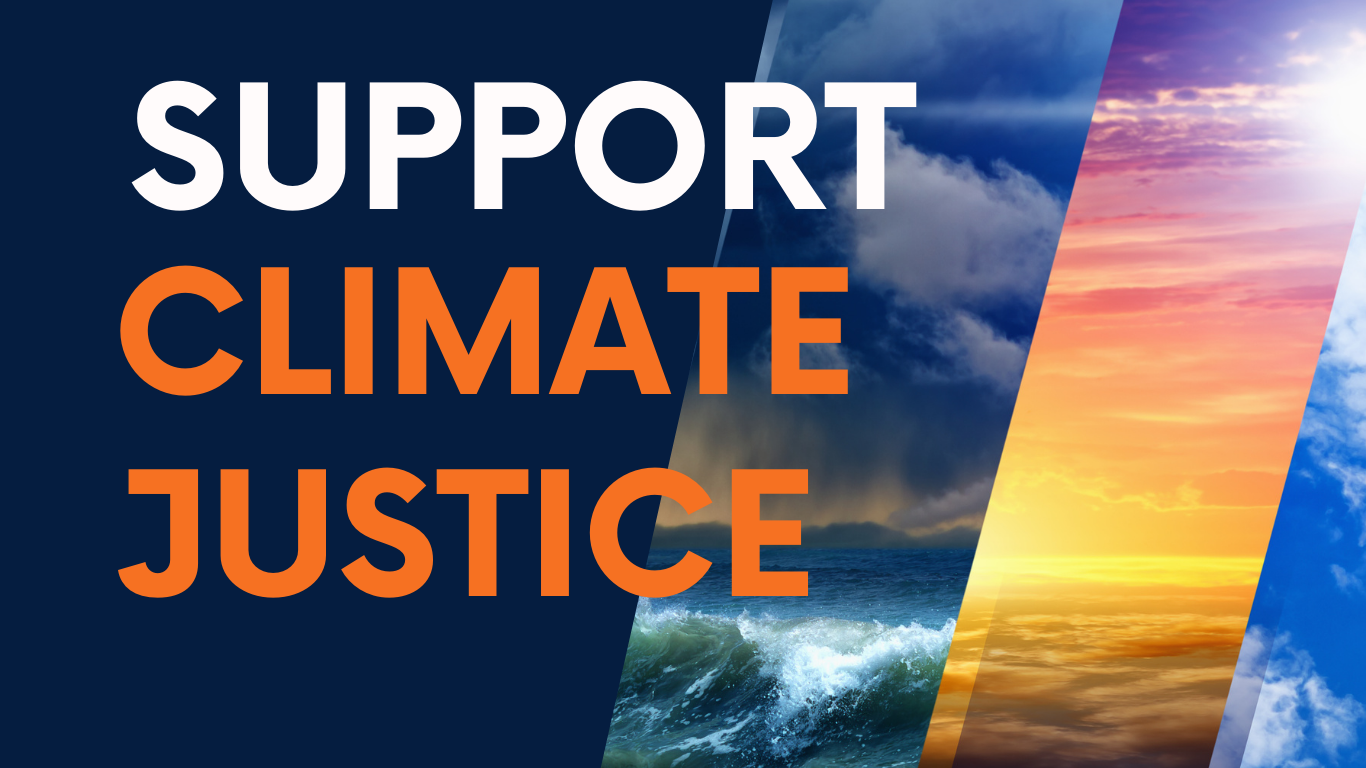Over 100 countries and international organizations presented arguments on who should bear legal responsibility for the climate crisis; the ICJ has now begun deliberations, but no end date has been announced as yet
By Marco Lopez
Who will bear the legal responsibility for the climate crisis? For the developing world, the answer is clear – those first-world nations that have economically benefited the most from this fossil fuel era. The historic International Court of Justice (ICJ ) hearings requesting an advisory opinion on the obligation of states with respect to climate change concluded on Friday, December 13, after two weeks of submissions by over 100 countries and international organizations.
The (ICJ) is asked to give an advisory opinion on two questions: What are countries obliged to do under international law to protect the climate and environment from human-caused greenhouse gas emissions? And what are the legal consequences for governments when their acts, or lack of action, have significantly harmed the climate and environment?
A handful of major fossil fuel-producing countries were also present at the hearings — those countries, however, made up the minority. They argue that polluters should not be held responsible for climate fallout. The nations of the developing world delivered a chorus of statements calling on the court to recognize the culpability of historical and modern greenhouse gas emitters for the climate crisis.
A senior lawyer with the Center for International Environment Law (CIEL), Sebastien Duyck, a group that monitored the hearings in a comment said,” Major polluters, including the United States, United Kingdom, Russia, China, Germany, Saudi Arabia, Canada, Australia, Norway, and Kuwait, found themselves isolated in their attempts to play the legal system to serve their self-interests and insulate themselves from accountability.”
Testifying in support of Vanuatu’s case, the Chief of State to Timor-Leste’s prime minister, Elizabeth Exposto said, ”The climate crisis that we face today is the result of the historical and ongoing actions of industrialized nations, which have reaped the benefits of rapid economic growth, powered by colonial exploitation and carbon-intensive industries and practices.”
She added, “These nations, representing over a fraction of the global population, are overwhelmingly responsible for the climate crisis.”
The 15 ICJ judges have begun deliberating the statements submitted by 96 countries and 11 international organizations and will deliver the advisory opinion in a public hearing on a date to be announced. In March 2023, 132 countries supported Vanuatu’s push for the advisory opinion at the United Nations General Assembly with a resounding vote.

This move to turn to the world court for a clear legal advisory opinion is reflective of the developing world’s increasing disenchantment with the UN climate negotiations – which continue to fail to meet the ambition needed to address climate fallout and loss and damage in the most vulnerable nations.
This year, a New Collective Quantified Goal (NCQG) for climate finance fell woefully short of the figure required by the developing world to address the climate crisis. While US$1.3 trillion was tabled by the most vulnerable countries, COP29 concluded with a $300 billion-a-year commitment by 2035 from developed countries.
While this legal process falls within the “Advisory Jurisdiction” of the ICJ, the landmark legal proceedings currently being deliberated on may very well clarify the legal responsibilities of nation-states to fight climate change.







